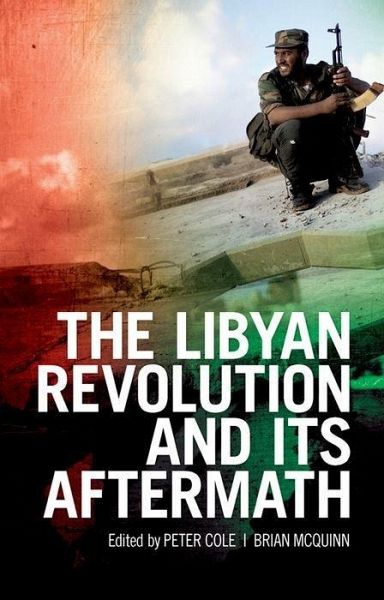Nicht lieferbar

The Libyan Revolution and Its Aftermath
Versandkostenfrei!
Nicht lieferbar
This book offers a novel, incisive and wide-ranging account of Libya's '17 February Revolution' by tracing how critical towns, communities and political groups helped to shape its course. Each community, whether geographical (e.g. Misrata, Zintan), tribal/communal (e.g. Beni Walid) or political (e.g. the Muslim Brotherhood) took its own path into the uprisings and subsequent conflict of 2011, according to their own histories and relationship to Muammar Qadhafi's regime.




